Politics
6 Major Things Tinubu Has Achieved In One Month As Nigeria’s President
Tinubu was inaugurated as the 16th President of Nigeria on May 29 and on Thursday, June 29, completed his first month in office.
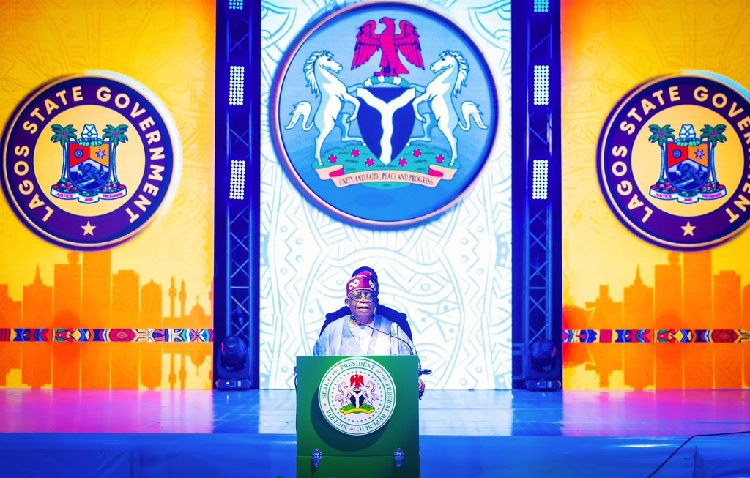
President Bola Ahmed Tinubu’s thirty days in office has been featured unexpected changes with the expectation of renewing the hope of many Nigerians.
VerseNews Nigeria reports that Tinubu was inaugurated as the 16th President of Nigeria on May 29 and on Thursday, June 29, completed his first month in office.
A review of Tinubu’s one month in office The past days in office have been eventful and dramatic, some great decisions, some obviously selfish, taken in the interest of Nigerians.
Some of the decisions and changes made by his administration have being criticized by many Nigerians while some hail him believing he is in the right tract of taking Nigerian to a better place.
1.Fuel subsidy removal
On May 29, during his inauguration, Tinubu declared that there would no longer be a petroleum subsidy regime as the current 2023 budget did not contain it.
This announcement led to the hoarding of fuel in filling stations and marketers began hoarding fuel, leading to the resurgence of queues at some filling stations and consequent hike in the prices of the product.
2. Suspension, arrest of CBN Governor, Emefiele
Less than two weeks after assuming office as president and Commander-in-Chief of the Armed Forces, President BolaTinubu suspended the Central Bank of Nigeria (CBN) Governor, Godwin Emefiele, from office with immediate effect.
Emefiele was suspended following an investigation into the affairs of the apex bank.
Emefiele was later taken into custody by Nigeria’s secret police, the Department of State Services, hours after his suspension. Following his suspension, the Department of State Services (DSS) confirms that Emefiele is in its custody for some investigative reasons, Peter Afunanya, the spokesperson for the agency, said in a press statement.
3. Suspension of EFCC boss, Bawa
Also in his first 16 days in office, Tinubu ordered the suspension of the chairman of the Economic and Financial Crimes Commission (EFCC), Abdulrasheed Bawa over weighty allegations of office.
DON’T MISS: Abia Governor, Alex Otti Submits A 19-Man Commissioner Nominee List (FULL LIST)
In a quick succession that same day, the DSS took to its recently launched Twitter handle to announce that Bawa had honoured an invitation for investigation.
4. Naira floating, unification
Two weeks ago, Tinubu’s promise to carry out monetary policy reforms, particularly to ensure a single exchange rate for Nigeria, manifested as the Central Bank Nigeria (CBN) floated naira, making the exchange rate to be determined by market forces, Leadership report added.
In his inaugural speech on May 29, President Tinubu had said the CBN must work towards a unified exchange rate, adding that the nation’s Monetary Interest Rate, which was at 18.5 percent, is anti-people and unproductive.
“Interest rate is currently too high. It’s anti-people, anti-business. We have to work on all of those,” President Tinubu stated in his inaugural speech on May 29.
5. Retirement and appointment of service chiefs
On Monday, June 19, the president approved the immediate retirement of all service chiefs and the Inspector-General of Police, Advisers, Comptroller-General of Customs from Service with immediate effect. He also named their replacements. Tinubu equally renamed Nuhu Ribadu as National Security Adviser (NSA) a week after naming him special adviser on security matters to the president.
6. Appointment of special advisers
On Monday, June 5, the president named eight special advisers, including a former chairman of the Economic and Financial Crimes Commission (EFCC), Nuhu Ribadu who later became NSA; a former Lagos commissioner for information, Dele Alake as special adviser, special duties, communications and strategy; Wale Edun, a former Lagos commissioner, appointed as special adviser on monetary policies.



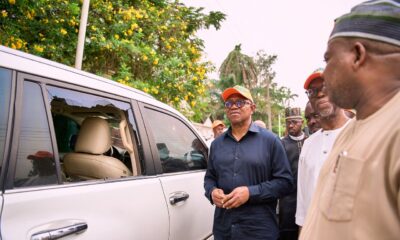

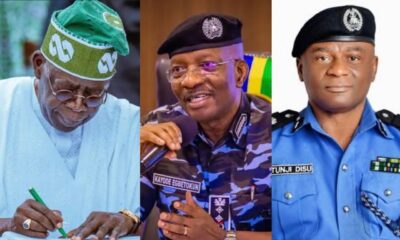

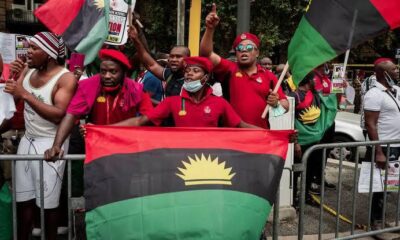







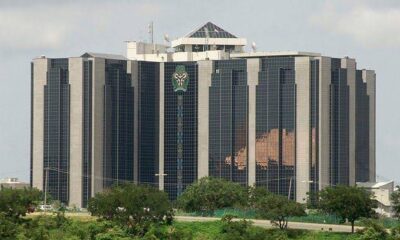

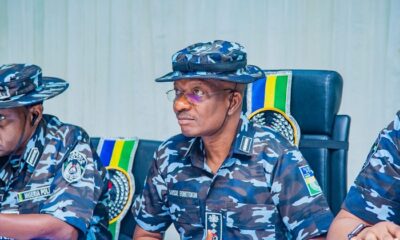



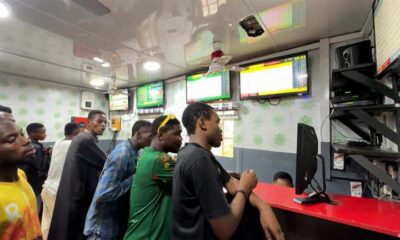

You must be logged in to post a comment Login